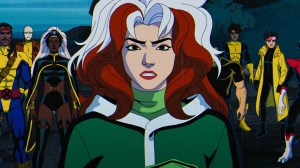Marvel Studios is going to into some pivotal years starting in 2026. It’s on the shoulders of the two big event films, Avengers: Doomsday and Avengers: Secret Wars, to get the Marvel Cinematic Universe out of the current “Multiverse Saga” mess and set the franchise on renovated ground to start a new era. It’s no secret that the biggest hope for the MCU’s re-invention in Phase 7 will be the addition of the X-Men franchise, finally giving fans a fully united roster of Marvel characters who can all play in the same sandbox. However, the big question has been: how will Marvel Studios reboot the X-Men franchise?
Videos by ComicBook.com
Well, Marvel fans got their first hint as to that answer with the release of X-Men ’97, the Disney+ animated series that continued the continuity of X-Men: The Animated Series from the 1990s, and set the blueprint for how to fit the X-Men into the MCU brand. The series became a breakout hit for Marvel Studios Animation and has been one of the most successful MCU releases of the last few years. But before the hype over X-Men ’97 reached its peak, showrunner Beau De Mayo was fired from the series. That sparked one of the loudest controversies the MCU brand has ever (publicly) had to face; it also has me very worried about not just the future of X-Men ’97, but the MCU X-Men reboot, as well.
X-Men ’97 Was One of Marvel’s Most Controversial Releases
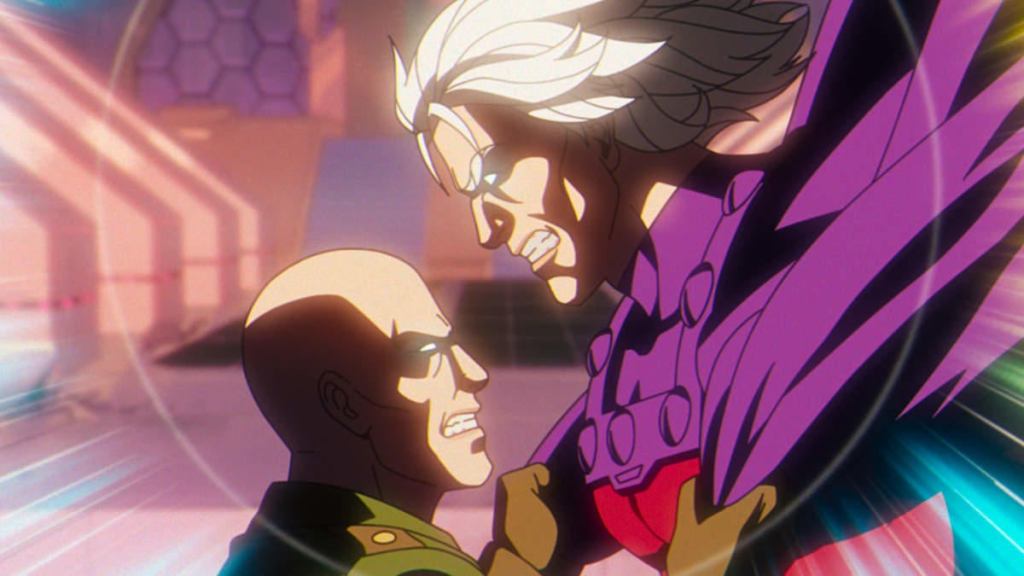
Without falling down the rabbit hole: Beau DeMayo was fired by Disney and Marvel for reasons that remain… murky. A lot of triggering buzzwords and some confusing accusations from both sides seemed to paint a least part of a picture; it seemed that tensions had arisen somewhere between De Mayo’s personality and his personal life, both of which Disney alleges affected the workplace. DeMayo has countered with assertions that being creatively tough and unabashedly speaking his mind caused friction in the workplace – particularly because he was both LGBTQ+ and a person of color. De Mayo also claimed that racial and sexual identity made him a target within Disney’s corporate culture and its strict codes of conduct, and led to him ultimately being taken off of X-Men ’97.
“I thought Marvel would have my back against this [identity politics] stuff,” DeMayou stated in a video post earlier this year. “Instead, the studio looked the other way as my identity was weaponized by Marvel execs and select crew members to undermine me. Create a humiliating environment where people feel emboldened to use the same dog-whistling stereotypes favored by bigots for decades. He’s big, he’s intimidating, too opinionated, angry, emotional, flamboyant, dramatic, a pervert.”
Wherever the truth may lie, the reaction from Beau De Mayo has been anything but quiet. The former showrunner was vocal on social media throughout X-Men ’97‘s run – and has continued to speak up while fans wait for Season 2. It’s been an ugly blemish on Marvel Studios at a time when the studio has been trying to lock into a major branding rebound. The subsequent delays production issues, and lackluster promotion for Marvel’s more diverse characters and projects (Blade reboot has stalled, Ironheart and Echo getting speed-dumped onto Disney+, etc.) speaks to a general shift in brand focus that X-Men fans should be particularly worried about. Because Marvel’s Mutant superhero team stands separate from the Avengers or Spider-Man for one distinct reason: it’s talking about something deeper than superhero fantasy.
X-Men ’97 Had Authenticity That Made It A Hit
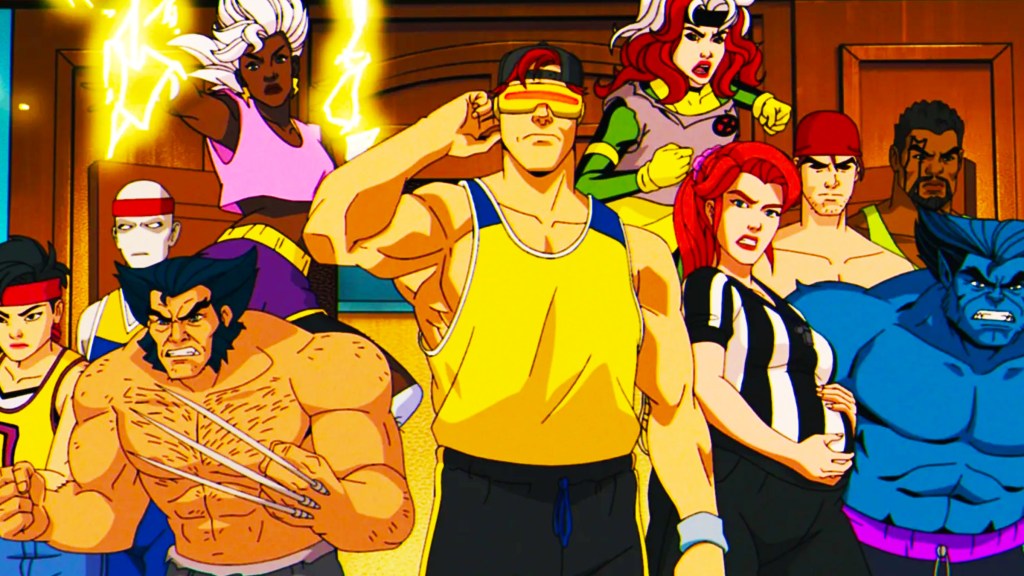
X-Men ’97 wasn’t just a successful continuation of the ’90s animated series: it was also an insightful adaptation of the core dynamics of X-Men comic books (the messy family drama!), as well as arguably the most successful conveyance of the deeper subtext and metaphors of the X-Men’s story. That wasn’t coincidental: as Beau DeMayo has made clear, it was his status and viewpoint as both a queer man and a black man that allowed him to explore the characters and their conflicts in a way that other cinematic storytellers never did.
“When I took the job on X-Men, I was told that they valued my perspective and experiences as a queer, Black man,” DeMayo said, later addign that “It was agreed that due to the themes of the X-Men, as well as my experience and the just general excitement around my pitch, that I would supervise all areas and stages of production.”
Fans certainly noticed the difference in insight and perspective: from Episode 2 of X-Men ’97 (the politically-charged “Mutant Liberation Begins”) onward, it was clear that the commanding voice behind the series actually had plenty to say in terms of how modern oppressed people were thinking about, feeling about, and debating about the world, and where it seemed to be headed. The cartoon series actually went so far as to do an episode about the X-Men and mutantkind suffering a Holocaust-style genocide against their new homeland, Genosha (in the heartbreaking “Remember It”). Fans were floored by how the story conveyed the anxiety, pain, and poignant bravery of real oppressed people who have suffered unprovoked acts of hate and violence.
In addition to nailing the socio-political subtext, X-Men ’97 Season 1 also demonstrated incredbile insight and understanding of the various X-Men characters and their respective canonical histories. And yet, according to DeMayo, that fanboy fervor was actually counted as a strike against him:
“They pivoted to attacking my talent, accusing me of being too much of a fanboy,” DeMayo continued explaining in his video rebuttal. “They openly resented me fighting for the fans, fighting for the comics. They accused me of playing karaoke with those comics, and repeatedly I was told by these individuals that we should be doing our own version of X-Men… Now, my response to this was to try to calmly outline that fans didn’t want to see our version of the X-Men. They, like me, want to see the characters that they have loved for decades faithfully adapted on screen.”
Again, take DeMayo’s account with the proper grain of salt,
The MCU X-Men Reboot Needs An Authentic POV
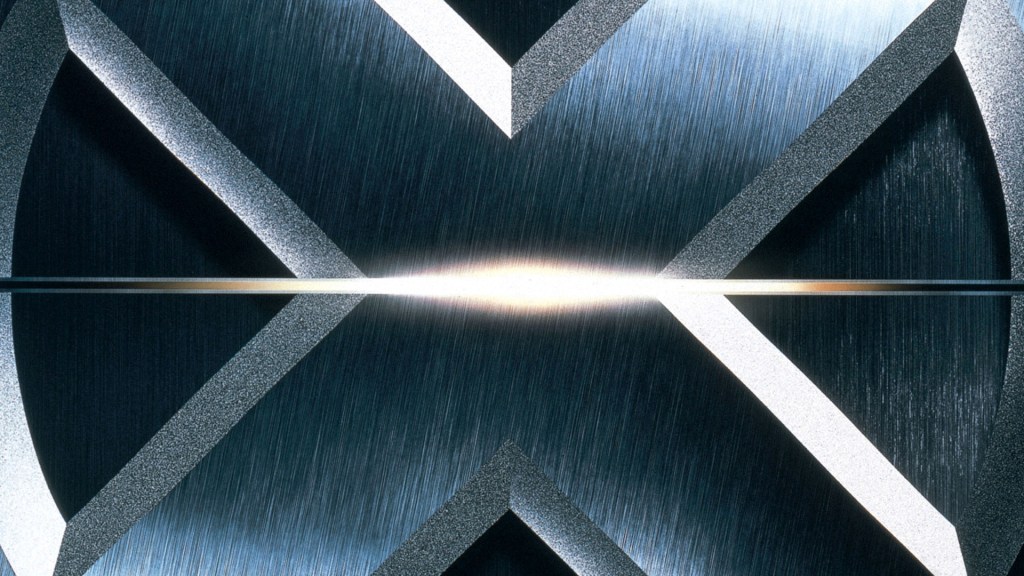
Since leaving X-Men ’97, DeMayo has been gracious enough to the team that replaced him, but critical of the show’s prospects for living up to fans’ standards in Season 2, and the already-confirmed Season 3. He’s also been critical of Marvel Studios tapping Thunderbolts* director Jake Schreier to helm the X-Men reboot film, by not-so-subtely asserting that Schreier more traditional identity and social pespective may not be the guiding hand and voice that a modern X-Men movie needs.
Despite the obvious bias, there may be some truth in what DeMayo claims. It’s no secret that Marvel is currently struggling witht he X-Men brand on the comic book side. The latest relauch initiative, “From the Ashes,” took the X-Men out of the novel new context of being heads of their own soverign mutant nation (the island of Krakoa), and has scattered the team roster (and all those spinoff X-groups they form) across the globe. However, it would be an understatement to say that “From the Ashes” has failed to rise up to the thematic complexity of using mutants as a metaphor for, say, the challenges faced by modern day diaspora of black and/or LGBTQ+ peoples – or even better inform people about what a “diaspora” even is. It suggests that there is indeed difficulty in Marvel fashioning a modern version of X-Men that retains its creative authenticity, while being more commercially viable to a wider demographic of fans.
So what will the X-Men MCU reboot do to get over that chanllenge?
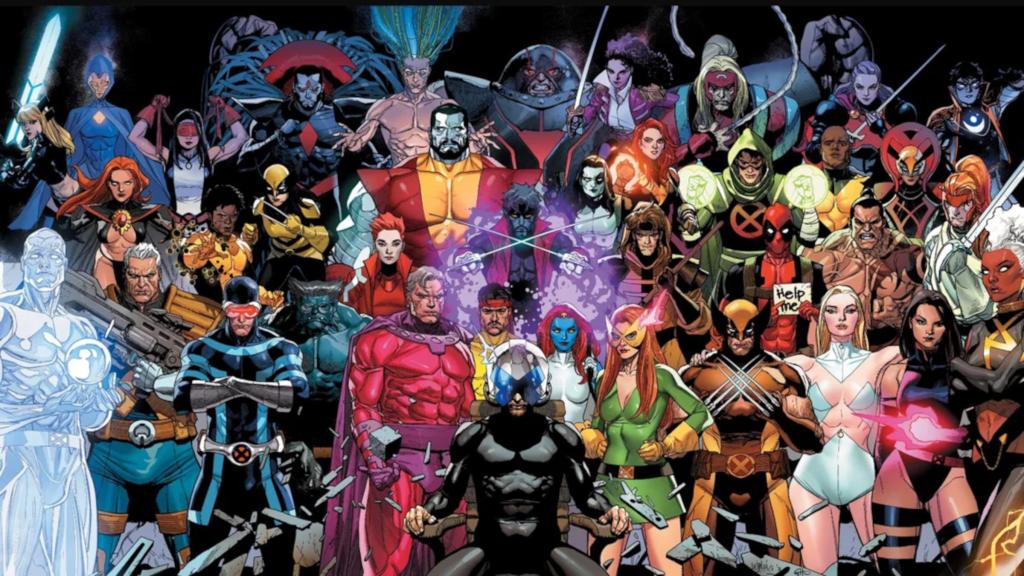
While it seems that Jake Schreier is set as director, Marvel Studios may want to seriously consider who they tap to handle the script for the film. There are plenty of talented writers of from across the color, cultural, gender and sexual spectrum working in Hollywood today who could offer fantastic perspective on what the X-Men story means today; heck, you could even assemble a team of them. The X-Men encompass an incredibly large and diverse range of characters, so it could legitimately take an entire creative village to make sure they all done, properly.
For now, I’m more worried that X-Men ’97 Season 2, without Beau DeMayo’s perspective, will feel as hollow and misguided as the current comics run. We won’t know for sure until we see Season 2 – which hopefully won’t be our first alarm bell that we should be worried for about where the MCU reboot is headed.
All X-Men content is streaming on Disney+.

